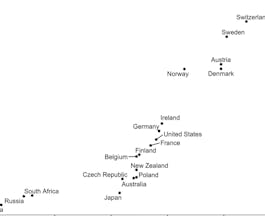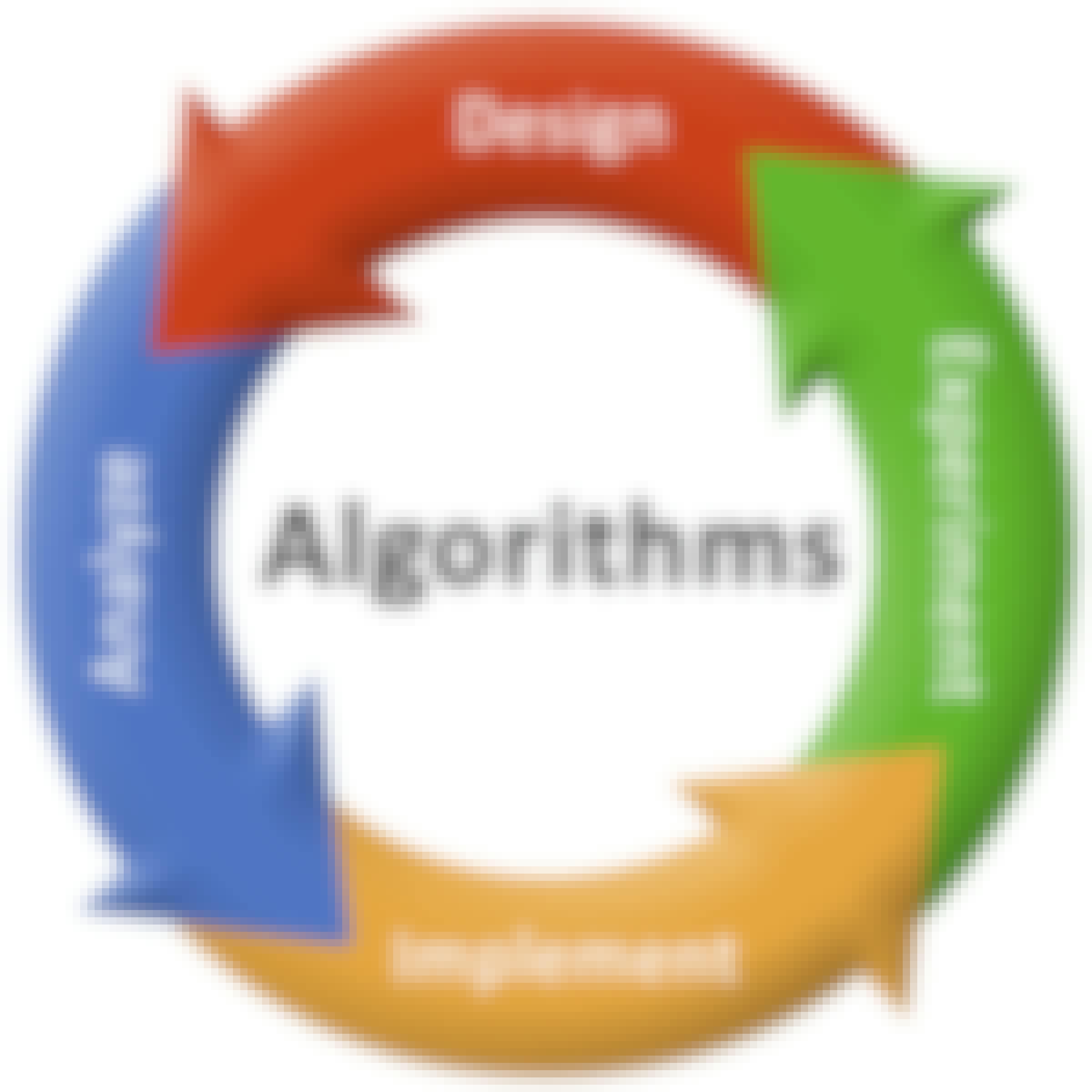Filter by
SubjectRequired
LanguageRequired
The language used throughout the course, in both instruction and assessments.
Learning ProductRequired
LevelRequired
DurationRequired
SkillsRequired
SubtitlesRequired
EducatorRequired
Results for "understanding+purpose+of+sequential-probabilistic-inference+steps"


Duke University
Skills you'll gain: Statistical Hypothesis Testing, Sampling (Statistics), Statistical Inference, Exploratory Data Analysis, Regression Analysis, Statistical Reporting, Probability Distribution, Statistical Methods, Statistical Software, R Programming, Bayesian Statistics, Statistical Analysis, Data Analysis, Statistical Modeling, Probability & Statistics, Probability, Statistics, Data Science, Descriptive Statistics, Predictive Modeling


Coursera Project Network
Skills you'll gain: Regression Analysis, Data Science, Data-Driven Decision-Making, R Programming, Statistical Inference, Applied Machine Learning, Machine Learning, Statistical Methods, Advanced Analytics, Data Analysis, Predictive Modeling


Georgia Institute of Technology
Skills you'll gain: Structural Analysis, Probability & Statistics, Structural Engineering, Hydraulics, Statistics, Engineering Analysis, Mechanical Engineering, Probability, Engineering, General Mathematics, Mechanics, Civil Engineering, Applied Mathematics, Algebra, Advanced Mathematics, Calculus, Differential Equations, Trigonometry


University of Minnesota
Skills you'll gain: Operations Research, Mathematical Modeling, Business Modeling, Business Analytics, Analytics, Data Modeling, Business Mathematics, Process Optimization, Data-Driven Decision-Making, Business Intelligence, Microsoft Excel, Decision Making, Complex Problem Solving, Linear Algebra, Spreadsheet Software, Graphical Tools


Johns Hopkins University
Skills you'll gain: Shiny (R Package), Rmarkdown, Regression Analysis, Leaflet (Software), Exploratory Data Analysis, Statistical Inference, Predictive Modeling, Statistical Hypothesis Testing, Plotly, Machine Learning Algorithms, Interactive Data Visualization, Probability & Statistics, Statistical Machine Learning, Feature Engineering, Statistical Analysis, Statistical Modeling, Probability, Correlation Analysis, Data Science, Data Analysis

Skills you'll gain: Descriptive Analytics, Supply Chain, Supply Chain Management, Supply Chain Planning, Transportation, Supply Chain, and Logistics, Predictive Analytics, Forecasting, Inventory Management System, Data-Driven Decision-Making, Business Analytics, Advanced Analytics, Analytics, SQL, Data Presentation, Data Analysis, Technical Communication, Data Manipulation, Statistical Reporting, Python Programming


Arizona State University
Skills you'll gain: Strategic Thinking, Strategic Decision-Making, Systems Thinking, Business Strategy, Complex Problem Solving, Decision Making, Analysis, Trend Analysis, Forecasting, Strategic Prioritization, Competitive Analysis, Business Planning, Data-Driven Decision-Making, Market Intelligence, Organizational Strategy, Performance Analysis


Johns Hopkins University
Skills you'll gain: Data Visualization, Data Analysis, Research Design, Data Presentation, Descriptive Statistics, Analytics, Statistical Analysis, Quantitative Research, Statistical Methods, Probability & Statistics


University of California, Santa Cruz
Skills you'll gain: R Programming, Statistical Modeling, Bayesian Statistics, Statistical Machine Learning, Markov Model, Statistical Methods, Probability & Statistics, Unsupervised Learning, Statistical Inference, Probability Distribution, Machine Learning Algorithms


Rice University
Skills you'll gain: Capital Budgeting, Cash Flows, Probability & Statistics, Financial Statements, Microsoft Excel, Descriptive Statistics, Financial Accounting, Business Analytics, Box Plots, Probability Distribution, Financial Analysis, Finance, Data Visualization, Probability, Statistics, Business Valuation, Financial Statement Analysis, Accounting, Return On Investment, Accruals


University of Washington
Skills you'll gain: Unsupervised Learning, Bayesian Statistics, Applied Machine Learning, Data Mining, Statistical Machine Learning, Big Data, Statistical Inference, Dimensionality Reduction, Text Mining, Statistical Modeling, Machine Learning Algorithms, Machine Learning, Scalability, Data Structures, Distributed Computing, Probability Distribution, Algorithms


Stanford University
Skills you'll gain: Algorithms, Graph Theory, Data Structures, Theoretical Computer Science, Computational Thinking, Mathematical Theory & Analysis, Analysis, Probability, Design Strategies
In summary, here are 10 of our most popular understanding+purpose+of+sequential-probabilistic-inference+steps courses
- Data Analysis with R: Duke University
- Essential Causal Inference Techniques for Data Science: Coursera Project Network
- Fundamentals of Engineering Exam Review: Georgia Institute of Technology
- Optimization for Decision Making: University of Minnesota
- Data Science: Statistics and Machine Learning: Johns Hopkins University
- Implementing Supply Chain Analytics: Unilever
- Strategic Thinking: Arizona State University
- Data – What It Is, What We Can Do With It: Johns Hopkins University
- Bayesian Statistics: Mixture Models: University of California, Santa Cruz
- Business Finance and Data Analysis Fundamentals: Rice University











